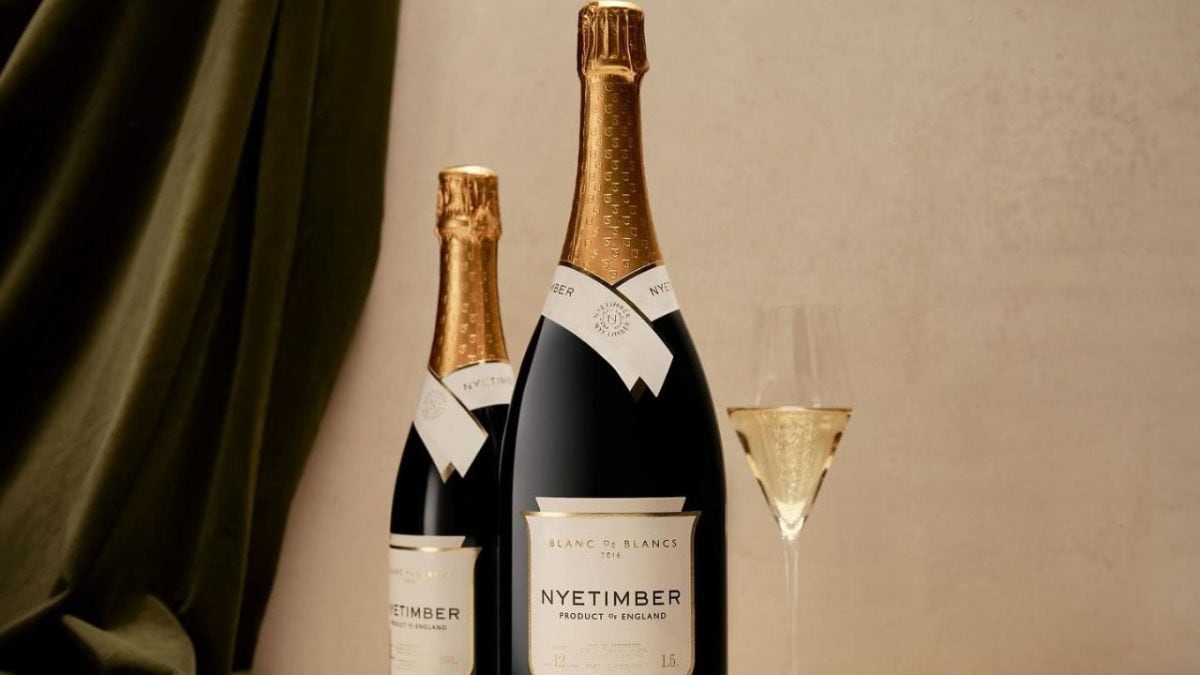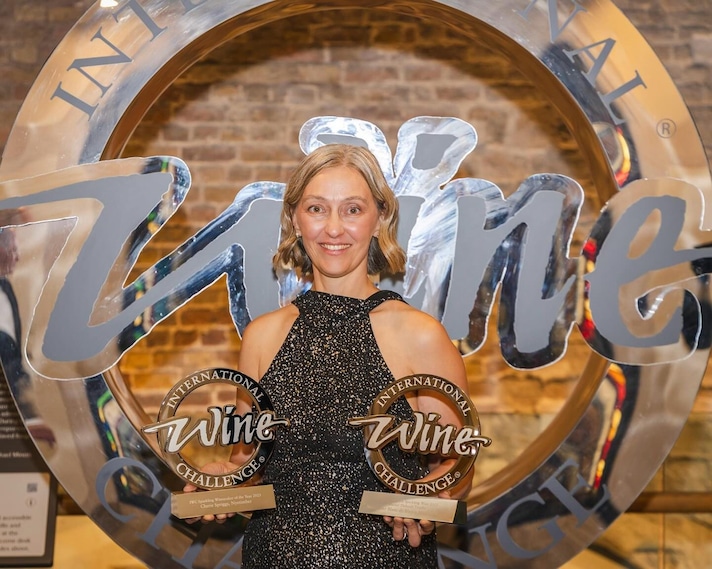
There are stories that seem destined to never end, and there are thrones that seem imperishable. Yet, in the world of wine, something has changed: for the first time, after decades of French supremacy, the best sparkling wine is not a Champagne, but comes directly from England. An incredible success for the lands across the Channel that marks the beginning of a new era for English grape varieties.
Something is Changing
On September 9th, one of the most important pages in the history of English wine was written: at the Guildhall in London – during the International Wine Challenge ceremony – an English sparkling wine surpassed the bubbles of Champagne for the first time. It was Nyetimber‘s Blanc de Blancs Magnum 2016, and it was awarded Champion Sparkling Wine:
"It was a major event last night, it felt like the Oscars of the wine world. I'm still thrilled. It's fantastic for Nyetimber and, of course, for England as a whole,"
said Cherie Spriggs, Nyetimber winemaker and winner of the Sparkling Winemaker of the Year award.
As the jury explained , the reason behind this award lies in the perfect balance between freshness and aromatic complexity which, at least until a few days ago, seemed to be the exclusive prerogative of champagne.

What's Happening in English Vineyards
Founded in the 1980s, Nyetimber was one of the first British companies to believe in the possibility of creating a classic method sparkling wine, inspired by the French model. The Sussex soils helped them achieve this goal, allowing them to create their own bubbles thanks to a soil composition very similar to that of Champagne.
But what is the reason for this recent success? How was it possible that, after thirty years of experimentation, Champagne has been dethroned? The answer, unfortunately, is not entirely straightforward and, as often happens, has to do with climate change. In recent years, England, like many other northern countries, has been witnessing a progressive rise in temperatures: milder, sunnier summers have allowed the development of certain grape varieties such as Chardonnay and Pinot Noir. It is no coincidence, therefore, that important names in the French winemaking world, such as Taittinger and Vranken-Pommery, have begun to invest in the soils of southern England, acquiring land and planting new vineyards.
;Resize,width=767;)
